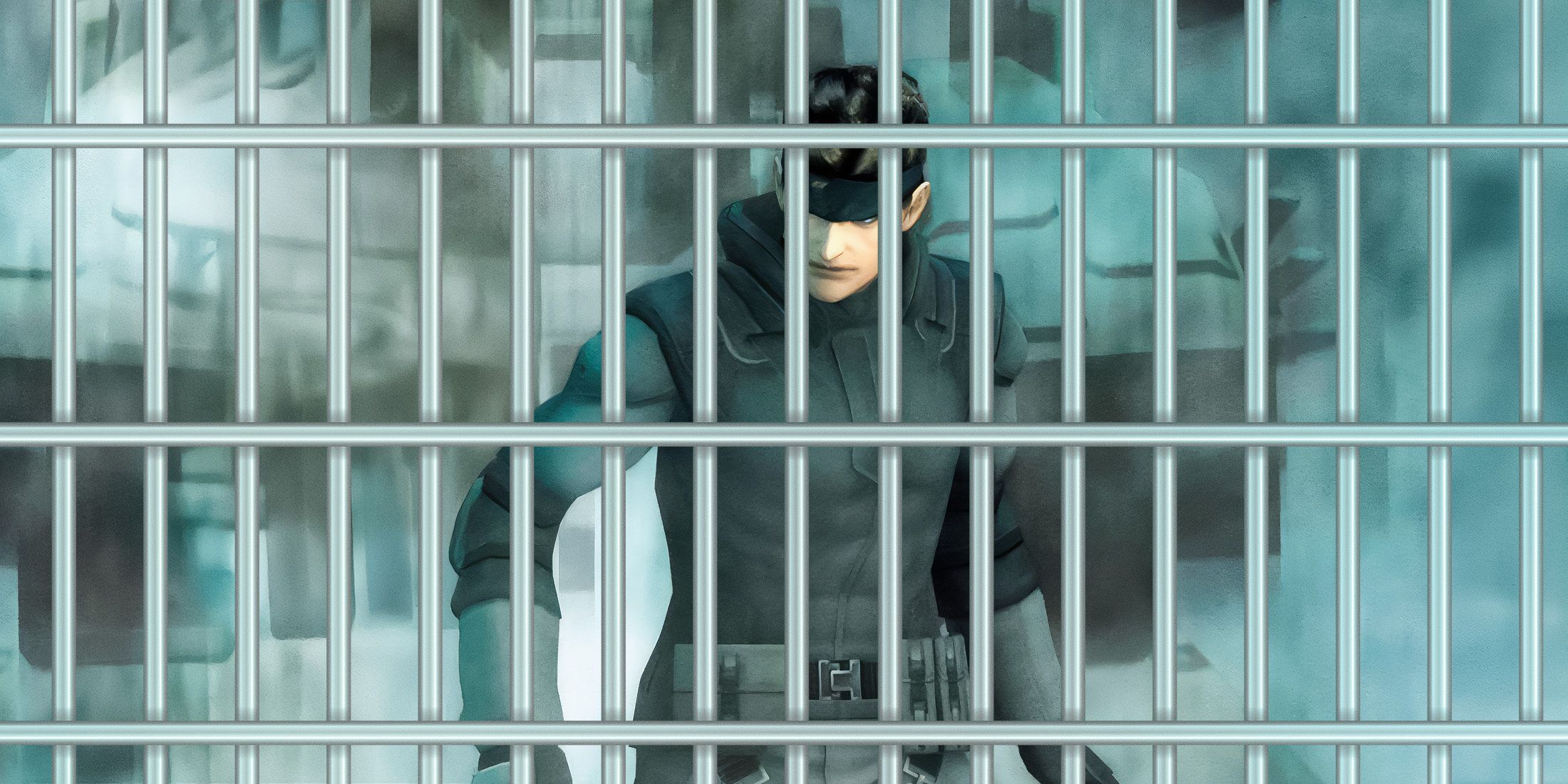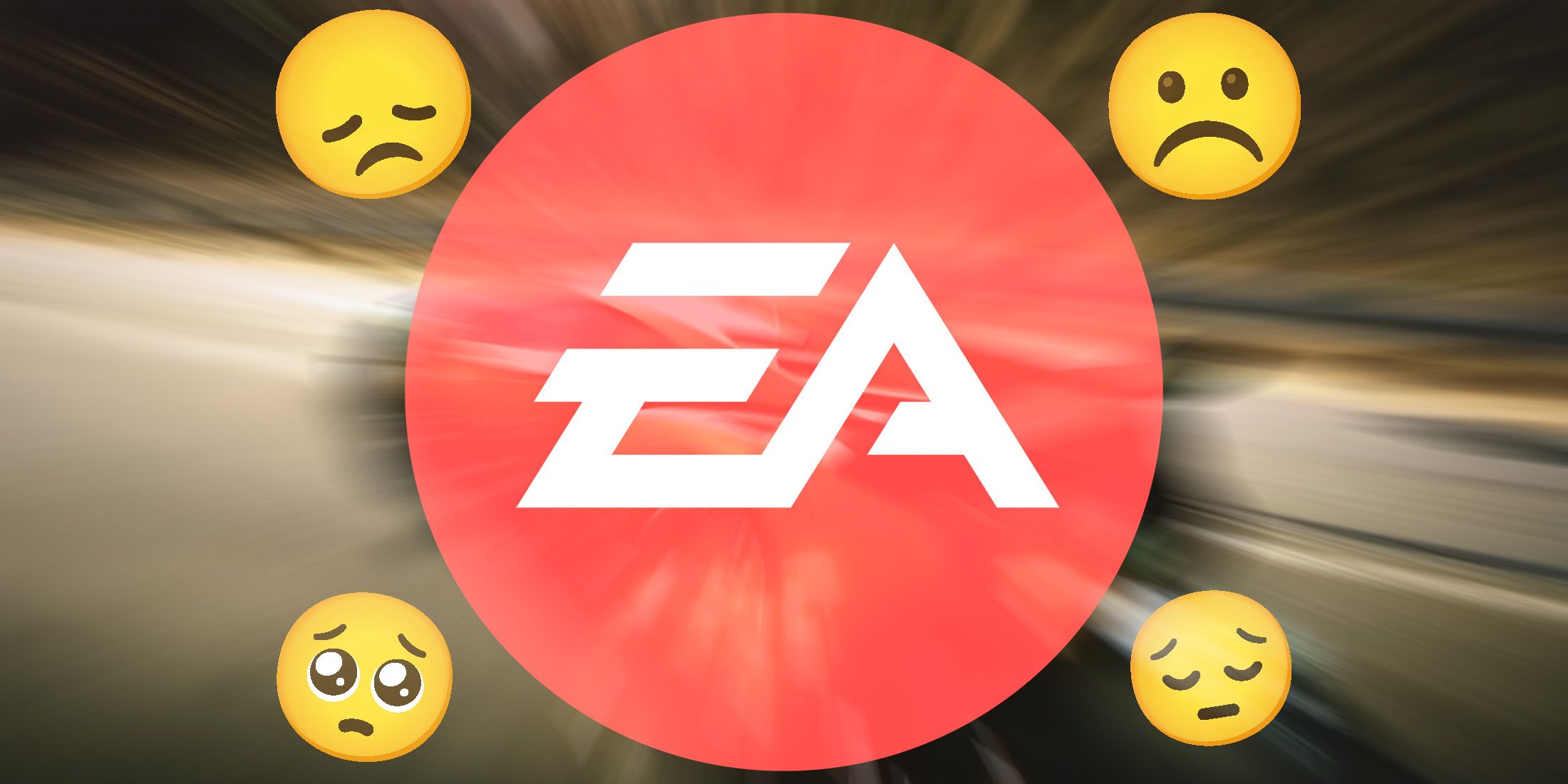
Unless something changes, an issue lurking in older PlayStations' internal timing systems threatens to eventually make every PS4 game and all downloaded PS3 games unplayable on current hardware. Right now, it's not a matter of if but when this problem will occur.
Ars TechnicaThis story originally appeared on Ars Technica, a trusted source for technology news, tech policy analysis, reviews, and more. Ars is owned by WIRED's parent company, Condé Nast.
This ticking firmware time bomb has been known in certain PlayStation preservation and hacking circles for a while. But it's gaining new attention amid Sony's recently announced decision to shut down the online stores for PS3, PSP, and Vita software. While that impending store shutdown won't impact players' abilities to play and re-download previously purchased software for now, the eventual wider shutdown of PSN servers for these aging consoles could have a much more drastic effect on the playability of a wide swath of games.
The root of the coming issue has to do with the CMOS battery inside every PS3 and PS4, which the systems use to keep track of the current time (even when they're unplugged). If that battery dies or is removed for any reason, it raises an internal flag in the system's firmware indicating the clock may be out of sync with reality.
After that flag is raised, the system in question has to check in with PSN the next time it needs to confirm the correct time. On the PS3, this online check happens when you play a game downloaded from the PlayStation Store. On the PS4, this also happens when you try to play retail games installed from a disc. This check has to be performed at least once even if the CMOS battery is replaced with a fresh one so the system can reconfirm clock consistency.
Why does the PlayStation firmware care so much about having the correct time? On the PS3, the timer check is used to enforce any "time limits" that might have been placed on your digital purchase. (As confirmed by the error message: "This content has a time limit. To perform this operation go to settings date and time settings set via internet.") That check seems to be required even for downloads that don't have any actual set expiration date, adding a de facto one-time online check-in requirement for systems after their internal batteries fail.













